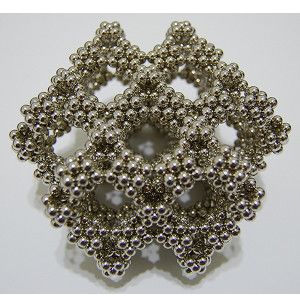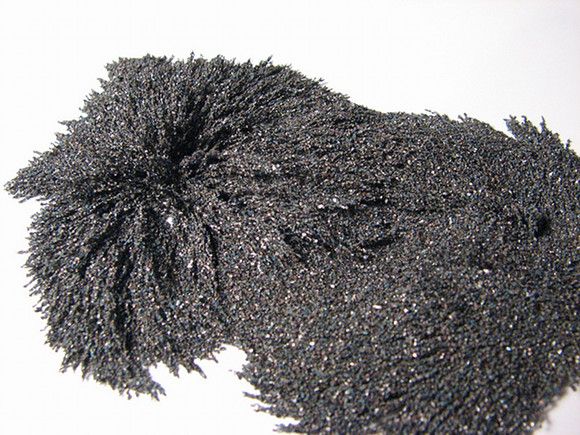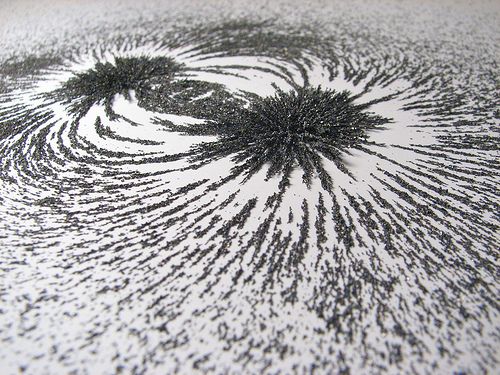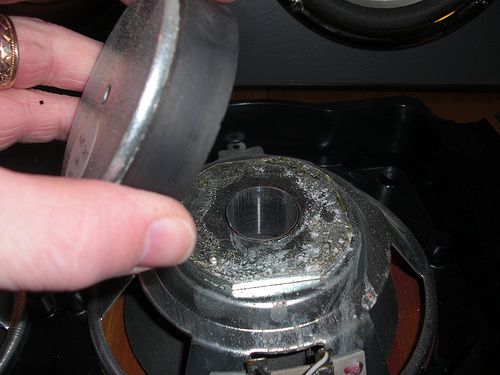Magnets are kind of magic. Okay, not really – but to the layman they a bit bewildering. The magnetic field they emit is entirely undetectable by human senses. One can only imagine the confusion our ancestors must have felt when they first discovered them.
Today we have an understanding of how magnets work, but that doesn’t mean they no longer trouble us. A magnet has the potential to cause all sorts of issues for electronic devices. Do you really need to protect your computer from magnets, or is this concern overblown?
Why Magnets Might Harm Your PC
There are two ways in which a magnet might harm a computer.
One is through loss of data on magnetic media. This includes traditional mechanical hard drives, floppy disks and any other magnetic storage media. These components are potentially vulnerable because they use magnetization as a means of recording data, but the magnetic forces are controlled. A strong magnetic field could wipe data by interacting with and changing the magnetization of the drive.
The second potential issue is a magnet’s field potential to generate a charge in objects around it. Recently I wrote an article about wireless charging, an innovation that uses this fact to transmit power wirelessly over very short distances. It’s possible the same effect (if substantially amplified) could induce a charge in your computer’s electronics, frying them. Electromagnetic pulse weapons work on the same principle.
Should You Be Worried About Magnets?
Not generally. Magnets and devices emitting magnetic fields exist everywhere in modern life, but most of these are not capable of generating a magnetic field that is strong enough to have an effect on electronics.
The idea that magnets could cause harm seems to be popularized by the use of magnets as a means to erase floppy disk. Many fell into believing that this meant any magnet could be used for the job. In reality, a rather strong magnet – far stronger than anything you’ll find on your fridge – is required to reliably erase a floppy disk.
Mechanical hard drives actually have magnets in them. That’s how data is written to the magnetic disk. To cause any damage you’d have to expose the drive to an even stronger magnetic field. That’s something you’re unlikely to encounter outside of a scientific laboratory or a nuclear apocalypse.
Solid state memory, including solid state hard drives and modern RAM/ROM, don’t use magnetic fields to store data. They will suffer no ill effects from a nearby magnetic field of moderate strength.
Most computer components, including solid state memory, could be damaged by a magnetic field strong enough to induce a charge – however, this is yet again in “laboratory or nuclear apocalypse” territory. You do not have to worry about this is the typical home or office.
A Few Problem Areas
Subwoofers use strong magnets that could erase magnetic storage media. Many people have placed computers near subwoofers with no ill effects, but most subwoofers aren’t very powerful and don’t include a strong enough magnet. Only large, powerful subwoofers are an issue.
Old CRTs can be damaged by magnets. Most distortions in a CRT’s picture due to magnetic fields can be removed by de-gaussing it, but permanent damage is possible with a strong magnet. New LCD monitors do not have the same vulnerability.
Cables can also be a problem area because they are sometimes entirely unshielded, leaving them exposed to interference. Audio cables used with PCs are the most common victims of this problem. Interference will not damage the cable but it does degrade the quality of any signal passed through it. The only way to fix this problem is by purchasing new cables with better shielding.
Conclusion
Most magnets are not a problem. A refrigerator magnet is not a threat and even the magnets in most household subwoofers are unlikely to cause a problem. Magnetic fields are just too weak to be a serious issue. It takes a very powerful magnet, or a huge burst of energy, to generate a magnetic field strong enough to damage modern computer electronics.
Image Credit: Windell Oskey, Alex and Rachel Johnson




